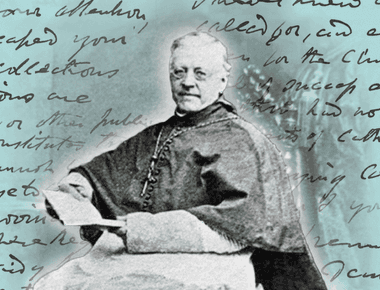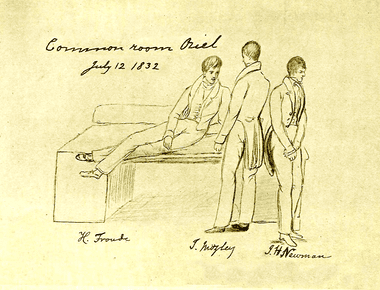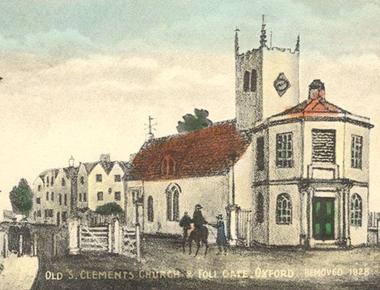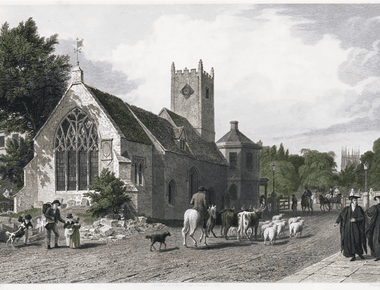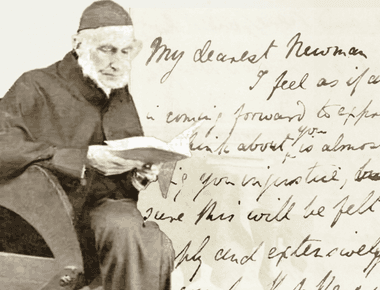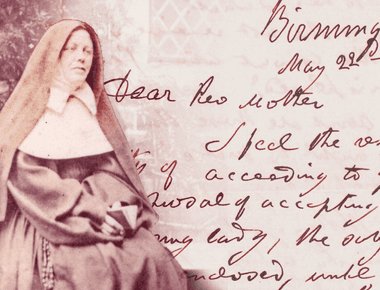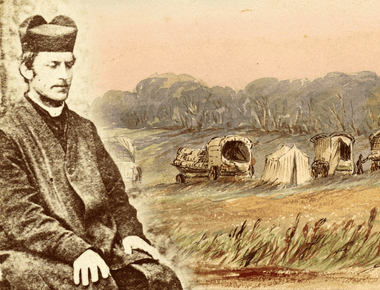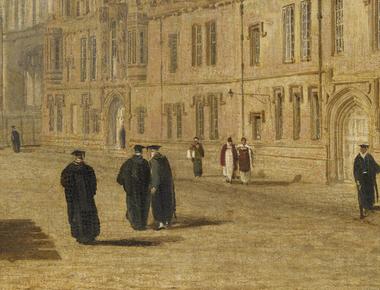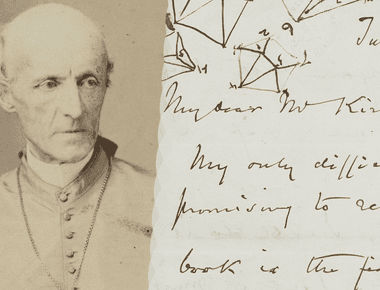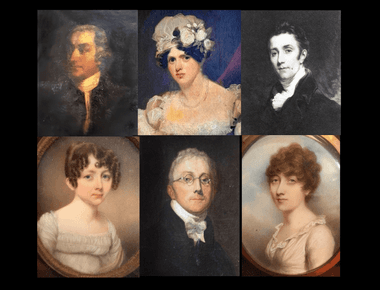
On the last Sunday of June in 1824, the sermon preached by Rev. Robert Marriott (1774–1841) in the tiny medieval Church of St. Mary’s, Cotesbach was on Genesis 2:3, on the sanctity of the Sabbath. Unless he had a curate working for him he would then have hopped in his carriage to preach in the nearby parishes of Shawell and Gilmorton, where he also had the living, and pastoral responsibilities. The sermon preached at these two parishes was also about creativity, but from a different angle.


